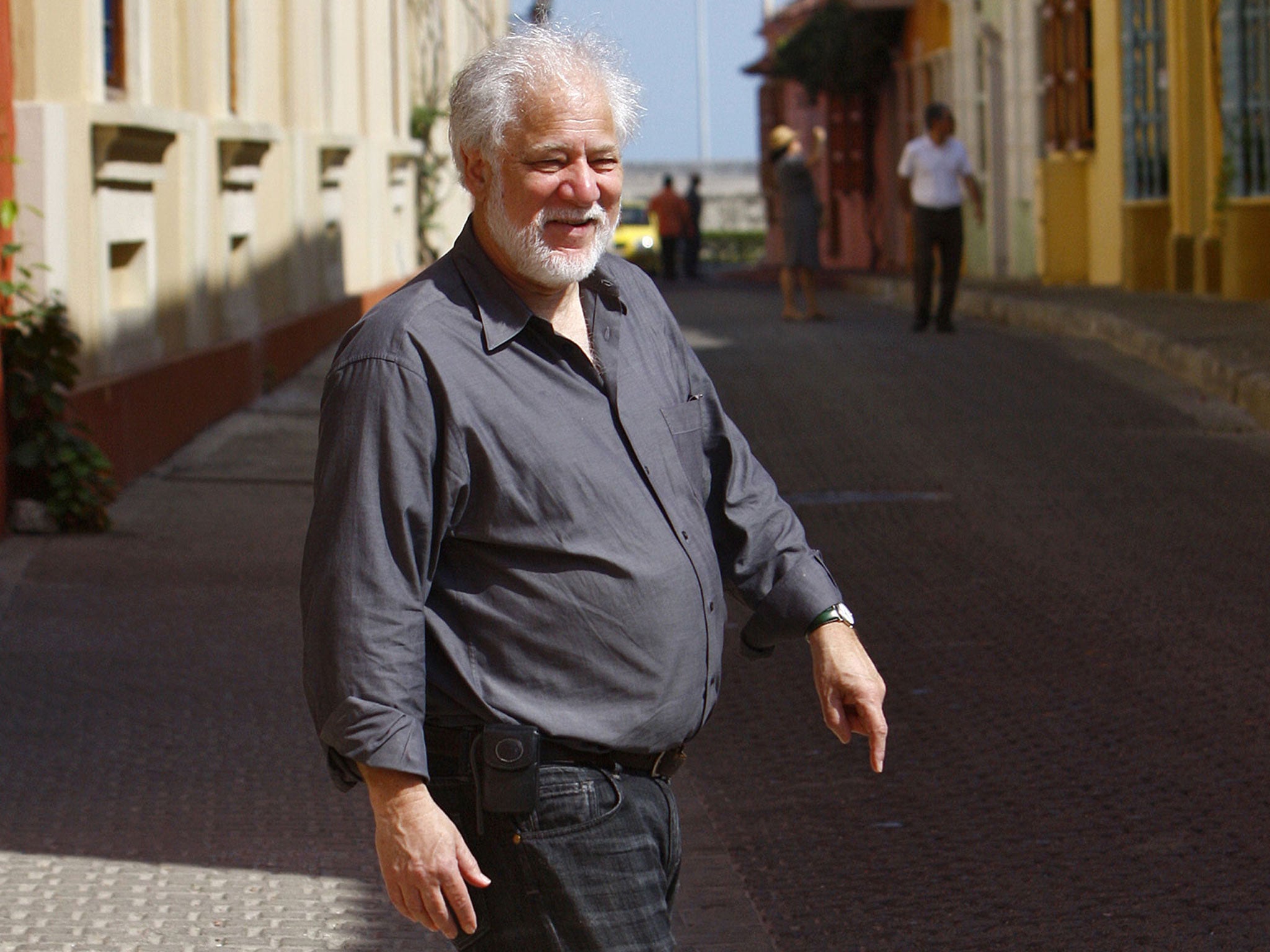The Long Poem Anthology edited by Michael Ondaatje, book of a lifetime
The book of nine poems made André Alexis consider what it might be like to write a long poem

Your support helps us to tell the story
From reproductive rights to climate change to Big Tech, The Independent is on the ground when the story is developing. Whether it's investigating the financials of Elon Musk's pro-Trump PAC or producing our latest documentary, 'The A Word', which shines a light on the American women fighting for reproductive rights, we know how important it is to parse out the facts from the messaging.
At such a critical moment in US history, we need reporters on the ground. Your donation allows us to keep sending journalists to speak to both sides of the story.
The Independent is trusted by Americans across the entire political spectrum. And unlike many other quality news outlets, we choose not to lock Americans out of our reporting and analysis with paywalls. We believe quality journalism should be available to everyone, paid for by those who can afford it.
Your support makes all the difference.A little context: as a young man, I assumed most "Canadian Literature" was dreadful. I wasn't interested in the work of Hugh MacLennan or Frederick Philip Grove. I thought Susanna Moodie was dull and that John Richardson's Wacousta, the first Canadian novel, could put you in a coma from word one ("As …").
Then, in my mid-twenties, I picked up The Long Poem Anthology, a book of nine poems edited by Michael Ondaatje. I'd read and been influenced by Michael's poetry – his Collected Works of Billy the Kid has been crucial to Canadian writers of my generation – so I was already open to the book. More, his brief introduction was intriguing. It made me consider what it might be like to write a long poem, to either link short poems together around a subject or to write an epic. It made me think about how works are organised. (I was then, as I am now, a poet manqué, but Ondaatje's anthology was just as important to the novelist in me.)
The poems were a revelation. They were written by a number of writers who would, subsequently, mean much to me: Robert Kroetsch, Don McKay, Daphne Marlatt, BP Nichol, George Bowering, Roy Kiyooka, Robin Blaser. All of them wrestled with form, content and imagery in ways that were (to me) unexpected, thrilling and, above all, inviting. Here were eight Canadian writers (and one American) doing things far beyond my tame imaginings. The invitation was to follow them to the farther reaches of my imagination.
I could speak about any one of the poems. But the poem that represents the anthology best, I think, is Roy Kiyooka's "The Fontainebleau Dream Machine". To begin with, it's a surreal poem that illustrates a number of Kiyooka's surreal collage-illustrations. Its sense is the sense of dreams, of things relating in sideways fashion. But its language is simple and direct, as if the poem were a manual …
"O Harbour! step quietly but firmly thru/the door way of your incredulity where all the dreams/death remainders lie in the folded Silt under a Mute's tongue."
"The Fontainebleau Dream Machine", written by a Japanese Canadian artist-poet, drew from dreams, from life, from Art, from wherever Kiyooka chose. And his example has been a constant lesson and challenge to me. It's as if the poem were saying – as if The Long Poem Anthology itself were saying – "go towards the uncanny but do it as if you were simply crossing a street".
André Alexis's novel, 'Fifteen Dogs' (Serpent's Tail) is the winner of the 2015 Scotiabank Giller Prize
Join our commenting forum
Join thought-provoking conversations, follow other Independent readers and see their replies
Comments